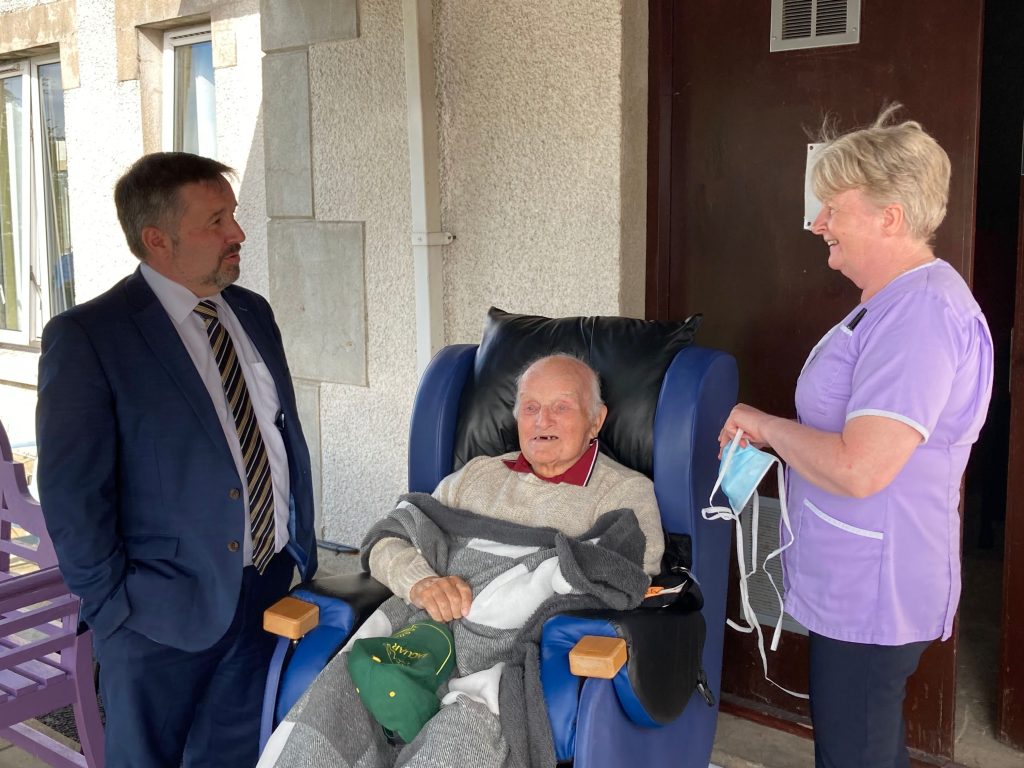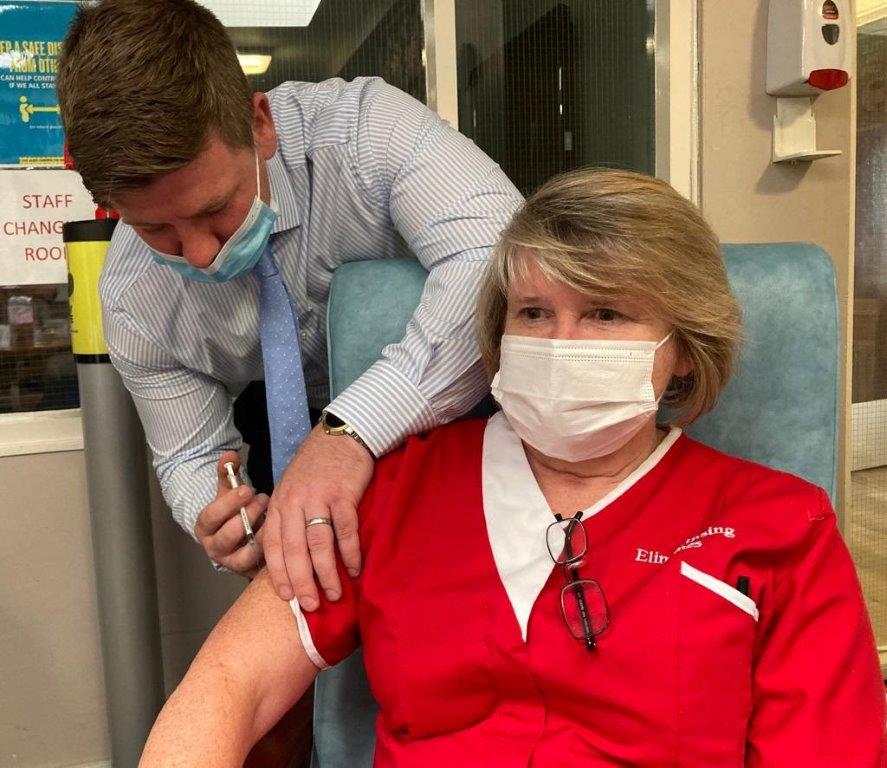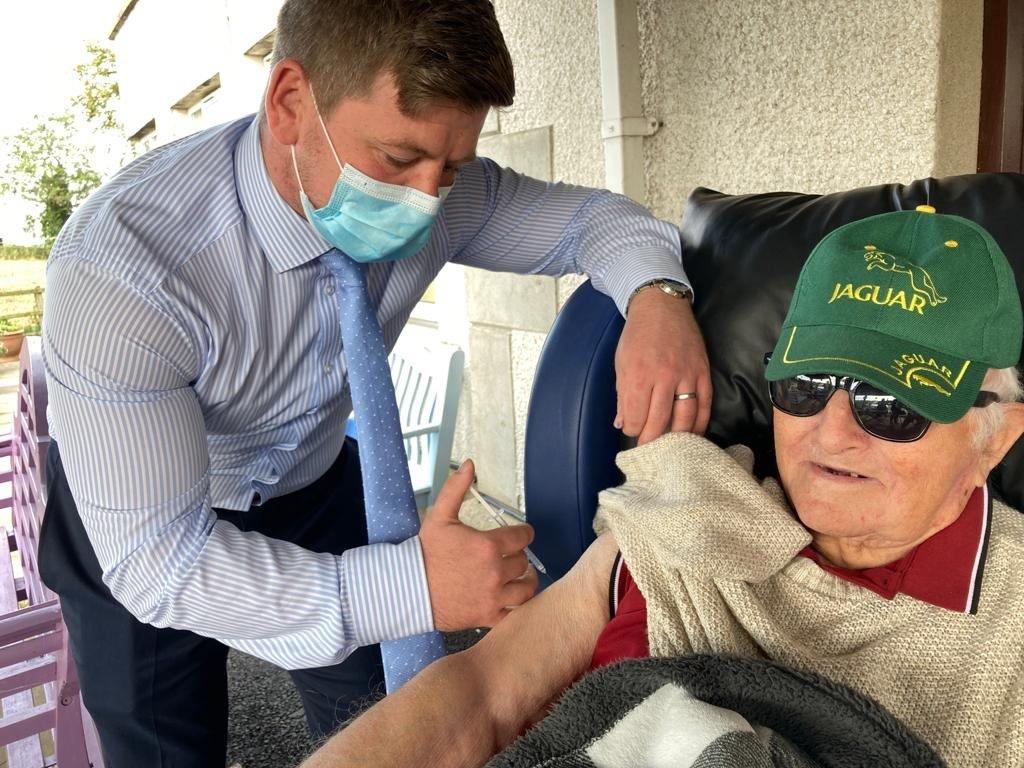Supplies of many prescription medicines could run out ‘within weeks’
Community pharmacists have issued a stark warning that shortages and skyrocketing prices of many medicines could result in pharmacies being unable to supply important prescription medicines to patients.
The sector has said it is already seeing the price of buying medicines from wholesalers rise exponentially for many products, with shortages now common across many medicines. It is warning that some patients may not be able to get the medicines they need in the coming weeks.
If left to deteriorate without Department of Health intervention, community pharmacists have said they will no longer be able to afford to pay for commonly prescribed drugs used to treat health conditions including osteoporosis, high blood pressure, insomnia, mental health and coronary conditions.
Community Pharmacy NI has called on the Department of Health to support community pharmacists to meet the additional price rises and ensure medicine supplies to patients can be maintained.
David McCrea, Community Pharmacist at Dundela Pharmacy, Belfast said:
“As a community pharmacist for over 30 years, I have never witnessed the price of medicines rise this sharply. It is becoming increasingly hard for us to afford to buy the medicines from wholesalers because we are not being paid the full cost of these drugs by the Department.
“I have seen the price of some medicines I need to buy for patients rising fiftyfold, but the Department only paying a fraction of what I am being charged. With the shortages and price increases affecting hundreds of drugs I simply cannot afford to operate under the current model. It is causing financial stress, my credit limits with wholesalers are being breached, and it is simply unsustainable.
“First and foremost, we must now be paid properly for the cost of these medicines by the Department. The bottom line is that we are now facing the situation where we will not be able to afford to supply our patients with essential medicines, within weeks.”
Gerard Greene, Chief Executive of Community Pharmacy NI said:
“The skyrocketing price of medicines that we are currently experiencing requires an immediate response from the Department. Community pharmacists cannot afford the increasing prices, particularly when the service is dealing with more patients. In addition to the excessive costs, pharmacy teams are spending hours every day sourcing medicines when they could be using their clinical skills to directly support their patients.
“The community pharmacy network has a responsibility to ensure patient safety at all times, and the threat to the supply of vital medicines is very real. It is incumbent upon us to now warn people of the risk to medicine supply for many drugs and to ask the public to understand that pharmacies are doing their best under impossible circumstances.
“Fundamentally, the source of the issue is that Northern Ireland does not have a workable Drug Tariff for dispensing medicines, and we have made repeated representations to the Department of Health (NI) requesting a change to these arrangements and to get a payment system that reflects the specific circumstances of Northern Ireland.
“It is a fact that community pharmacies regularly pay suppliers more for medicines than they get back from the Department. The critical drug supply issue we are now facing shows that the Department must reform the funding structures for community pharmacy in Northern Ireland. We need an immediate injection of funding to help pharmacists deal with these pricing issues, as well as a properly funded community pharmacy contract going forward”
Notes to editor
An example of some of the drugs that are impacted include:
- Alendronic Acid 70mg tablets (Osteoporosis).
- Lercanidipine tablets (Blood pressure)
- Fluoxetine 20mg capsules (Anti-depressants)
- Esomeprazole tablets (Gastric disorders e.g. ulcers)
- Finasteride tablets (prostate conditions).





